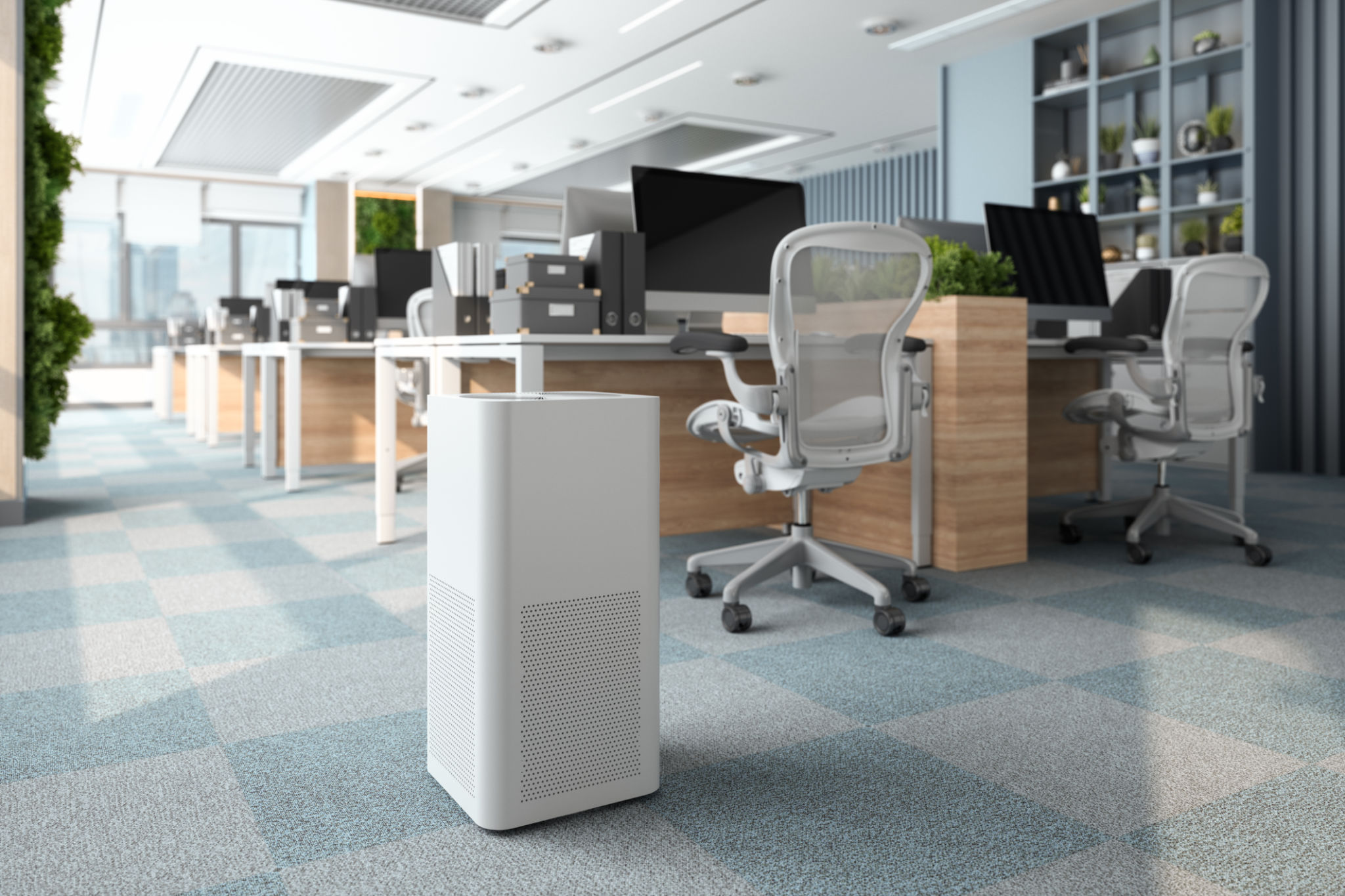Improving Indoor Air Quality: Why It Matters and How to Get Started
Understanding the Importance of Indoor Air Quality
Indoor air quality is a crucial aspect of our overall well-being, yet it often goes unnoticed. As we spend a significant amount of time indoors, the quality of the air we breathe has a direct impact on our health. Poor indoor air quality can lead to a range of health issues, including allergies, respiratory problems, and even long-term conditions such as asthma. Therefore, improving indoor air quality is not just about comfort but also about safeguarding our health.

Identifying the Sources of Indoor Pollutants
Before taking steps to improve indoor air quality, it’s essential to identify the common sources of indoor pollutants. These can include dust, mold, pet dander, tobacco smoke, and household cleaning products. Inadequate ventilation can exacerbate the problem by trapping these pollutants inside. Being aware of these sources helps in formulating an effective plan to tackle indoor air pollution.
Common Indoor Pollutants
Some of the most prevalent indoor pollutants include:
- Volatile Organic Compounds (VOCs): Found in paints, varnishes, and cleaning products.
- Particulate Matter: Comes from tobacco smoke and burning candles.
- Biological Contaminants: Such as mold, mildew, and dust mites.

Simple Steps to Improve Indoor Air Quality
Improving your home’s air quality doesn’t have to be complicated or expensive. Here are some practical steps you can take:
- Ensure Proper Ventilation: Regularly open windows and use exhaust fans to allow fresh air to circulate.
- Maintain Cleanliness: Regularly vacuum and dust your home to reduce allergens.
- Use Air Purifiers: These can help remove contaminants from the air.
The Role of Plants in Air Purification
Incorporating indoor plants can be an effective and natural way to improve air quality. Plants like spider plants, peace lilies, and snake plants have been shown to reduce pollutants. Besides their air-purifying abilities, they also add a touch of nature to your living space.

Advanced Solutions for Better Air Quality
If basic measures are not sufficient, there are advanced solutions available. Installing a high-efficiency particulate air (HEPA) filter can drastically reduce airborne particles. Additionally, upgrading your HVAC system with air purifying capabilities can further enhance indoor air quality. Consulting with professionals can provide insights tailored to your specific needs.
Regular Maintenance and Monitoring
Consistent monitoring and maintenance are key to sustaining good indoor air quality. Schedule regular inspections for your HVAC systems and replace filters as recommended. Investing in an indoor air quality monitor can also help you keep track of pollutants and humidity levels.

The Positive Impact on Health and Well-being
Improving indoor air quality not only reduces health risks but also enhances overall comfort and productivity. Cleaner air can lead to better sleep, improved concentration, and a decrease in allergy symptoms. Prioritizing indoor air quality is an investment in your health and well-being that pays off in the long run.
In conclusion, while it may seem like a daunting task, improving indoor air quality is manageable with a proactive approach. By understanding the sources of pollutants and implementing both simple and advanced solutions, you can create a healthier environment for yourself and your family.
